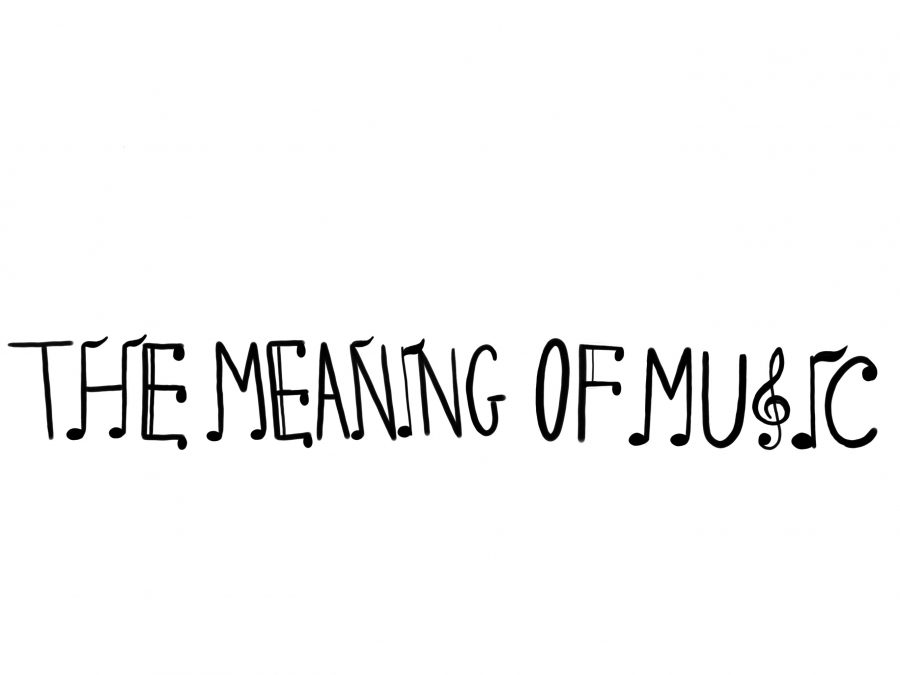Traveling to the mountain peak town of Verbier, Switzerland requires a flight into Geneva, a changeover of two trains and boarding a teardrop-shaped gondola that shoots straight up a dizzying incline. The streets are paved with cobblestone and lined with pricey shops, bistros and banners that point the way to the music festival.
The panoramic view is breathtaking. On day one, I took so many photos, I thought my iPhone memory would give out. I felt a little dizzy. Not just because Verbier sits almost a mile high in altitude.
For twenty-five years, Verbier has served as home to an international music festival which includes the Verbier Festival Junior Orchestra that I auditioned for and was invited to play the double bass with this past summer. Sixty students from twenty-two countries converged to share and learn from each other. I made friends with young artists from Israel, China, Italy, Russia, Brazil, Japan, Kazakhstan, Colombia, Ireland—every corner of the globe.
When the rehearsals began, our native languages no longer mattered. We all spoke a common language of music. Being part of this unique group changed the way I look at the world. The embrace you receive from a European audience is unlike any experience. Europeans feel a deep connection to classical music because so much of the greatest music ever written comes from composers on that continent. The audiences feel about classical music like we do about baseball, cars and apple pie.
The experience goes so much deeper. It gave real hope and meaning to my belief in music. I wish more people could have experienced what I did so they could appreciate the beauty of classical music more. During my three weeks living, working and playing in Verbier, I rode a gondola down to the town of Le Chable with a patron who told me he had traveled sixteen consecutive years from the United States to hear the musicians perform at Verbier. That interaction sparked something. I thought a lot about what music means to me.
Staring out at the audience which huddled under a tent in ninety-degree heat, watching their faces enjoying the music, my mind drifted. Images of memories like photographs flashed inside my head—of places, moments from the past: going to Disneyland with my sister; I thought of my grandmother who passed away from cancer and never made it to Verbier; my room at home; strolling the early morning campus at Harvard-Westlake.
Somehow, being surrounded by powerful music created a connection.The sound without a word went into my heart and never left me. It made me think that classical music will never die. This past summer, I also spent two weeks at Tanglewood where I played my third consecutive summer studying with Todd Seeber of the Boston Symphony Orchestra. The friends I’ve made through music at these festivals and in the music program at Harvard-Westlake is a bond we will always share.
When I got home, I asked one of my musical mentors, the cellist Lynn Harrell, if what happened to me made much sense and if the same thing had ever happened to him in his 60-year career making music. Maestro Harrell said yes. He shared: “If you let the journey of music into your heart, it will never leave you.”
Classical music is a living art form. The notes exist and die away. But, the journey like great art in literature, painting, film—it stays with you. There are certain answers that the great composers figured out a long time ago. They express their profound ideas without words and only in music. Classical music is something we need in our lives. It uplifts. It gives us a connection between each other and with ourselves. It’s also a mirror to examine our inner thoughts.































